Marijuana Munchies: Cause And Effect
The “munchies” are a notorious side effect of smoking marijuana, often portrayed in pop culture media where characters suddenly develop a famished appetite. While the media depiction may be exaggerated, at times almost comical, the munchies are indeed-a real phenomenon. It is characterized by a state of heightened food cravings, increased food intake, and specific food preferences. The munchies can stimulate the appetite of individuals and expand their palate, which may induce a bias for foods high in fat, salt, and sugar.
Learn more about
the science behind the
“marijuana munchies”
Therapeutic Applications Of Marijuana
Cannabis, also known as marijuana, is a widely used recreational substance with potential medicinal benefits. It has been found to have various therapeutic applications, including stimulating appetite, alleviating nausea, reducing anxiety, and managing pain associated with chemotherapy in cancer patients.
When is the munchies a desirable and targeted outcome?
Think about this for a moment; marijuana has been used in herbal remedies for centuries. In particular, its ability to enhance appetite has been leveraged to boost nutrition among individuals with low appetite and food intake as a health and wellness remedy. Historical evidence even suggests that people have recognized cannabis’s ability to increase appetite, particularly for sweet and savory foods.
- What exactly is the active component in cannabis that makes people crave that extra bite of french fries?
- Are you curious about how it works?
Why Does Weed Makes You Hungry?
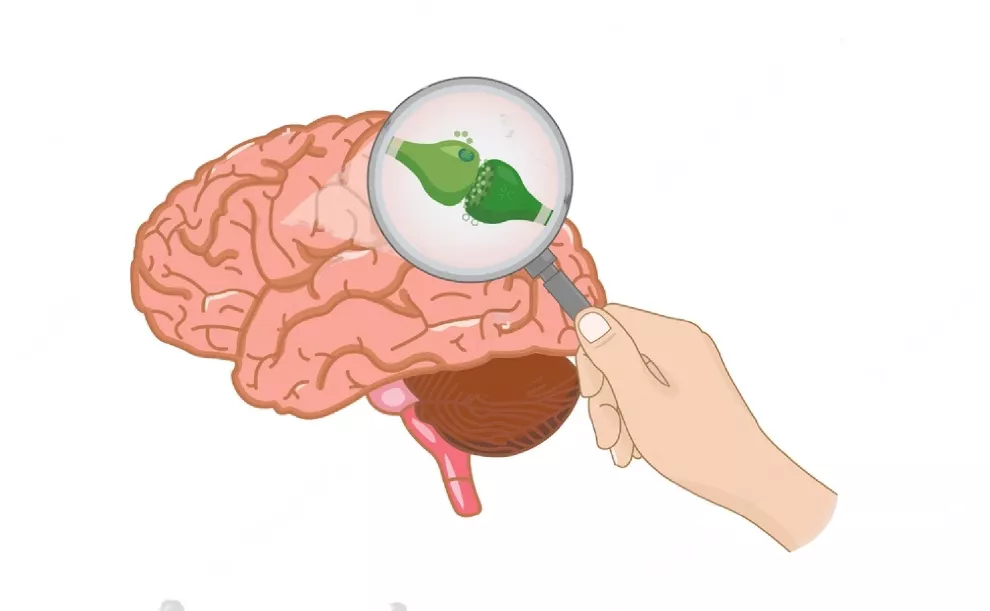
The term “cannabis” encompasses various plant species within the Cannabis genus, such as Sativa, Indica, and Ruderalis. Among the active compounds found in cannabis, tetrahydrocannabinol (THC) is primarily responsible for inducing munchies. This effect occurs because THC partially binds to and activates cannabinoid receptor type 1 (CB1), which in turn stimulates appetite. That is the primary reason weed makes people hungry.
THC Influence on CB1
CB1 receptors are present in different tissues of the body and exert various effects that contribute to increased appetite. THC, the active compound in cannabis, affects appetite through its activation of the CB1 receptors in various regions of the body. These regions include the basal ganglia, where it can enhance the pleasure derived from eating, and the limbic forebrain, where it can enhance the palatability of food. In the stomach and small intestine, THC interacts
The Activation Of CB1 Receptors By THC Leads To Increased Appetite Through Several Established Mechanisms:
2. Activation of the mTOR pathway, which leads to increased ghrelin levels and, in turn, increased appetite.
3. Activation of specific neurons called proopiomelanocortin neurons (POMCs), which can both suppress hunger (primary pathway) and increase appetite (secondary pathway) to varying degrees. Recent research indicates that dronabinol, a synthetic form of THC, can stimulate the secondary pathway without activating the primary one.
THC’s interaction with CB1 receptors influences appetite through various mechanisms, including modulation of ghrelin levels, activation of the mTOR pathway, and the impact on POMCs.
Does It Matter: Method Of THC Consumption
Although the medical benefits of cannabis are well-established, it is crucial to select the most suitable delivery system based on individual needs and specific medical conditions. Each method of consumption elicits distinct effects that vary in duration. Consequently, certain delivery methods may be more effective in treating particular conditions than others.
Four primary delivery systems are commonly used for medical cannabis:
- Inhalation (smoking and vaporizing)
- Oral Ingestion (edibles, beverages, capsules, sprays)
- Sublingual or oral absorption (under the tongue and tinctures)
- Topical application (creams or oils)
Exploring the differences among these methods can aid in determining the most appropriate choice based on individual circumstances. For instance, research suggests that suppositories may lead to a higher daily caloric intake compared to oral capsules. The potency, rate of absorption, method of consumption, concurrent use of other substances, and individual tolerance are the main determinants of these variations used for appetite stimulation.
THC, as one of the primary active components in cannabis, can interact with specific receptors that have the potential to increase appetite. However, the method of consumption plays a role in how THC affects food choices and overall food consumption. Additionally, the quantity and characteristics of other substances consumed alongside THC can also potentiate these effects.
Is Cannabis Effective In Inducing Weight Gain?
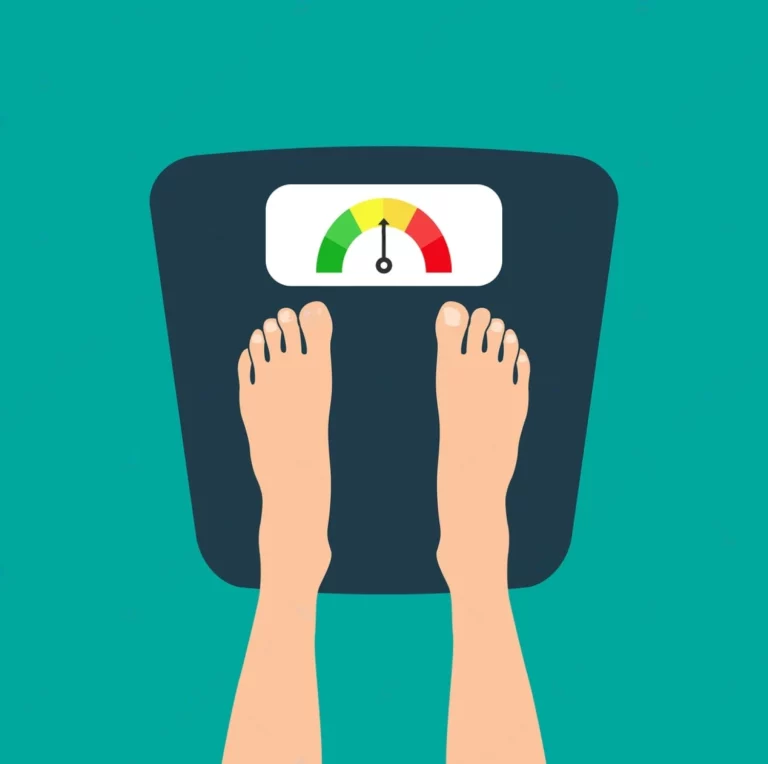
Limited research has been conducted on the effects of cannabis on the weight of healthy individuals, and the findings from some existing studies are contradictory.
Cannabis Research: Factors That Influence Weight
Some cross-sectional observational studies, which gather data at a single point in time, have reported conflicting results regarding the relationship between cannabis use and weight. One study found an association between cannabis use and increased fat mass, while others linked it to a smaller waist circumference, a lower body mass index (BMI), and a reduced prevalence of obesity. Additionally, a higher-quality prospective observational study found no significant association between frequent cannabis use and a higher BMI.
It’s important to note that these studies relied on self-reported cannabis use, which can be subject to reporting biases and inaccuracies to some extent. Studies that utilize more reliable research methods present a different perspective. A clinical trial, conducted primarily in controlled hospital settings, observed weight increases among participants. However, the trial was relatively short-term and had a limited sample size.
In summary, while observational studies generally suggest little to no weight gain associated with cannabis use, a few higher-quality clinical trials indicate the potential for weight gain.
Cannabis Application For Weight Gain In Clinical Populations
Weight loss may be a common New Year’s resolution for many. But, in reality, weight gain is a targeted outcome for a specific population, especially in the medical setting. For example, people with HIV-associated wasting syndrome, cancer-associated cachexia, or anorexia nervosa may suffer from an unideal low BMI. In cases such as these, two synthetic THC-based drugs have been introduced: nabilone (Cesamet®) and dronabinol (Marinol®, Syndros®).
HIV-Associated Wasting Syndrome
Wasting syndrome, a symptom associated with HIV, is the unintentional and gradual weight loss experienced by individuals with HIV. Dramatic weight loss can have detrimental effects on one’s overall health.
Oral cannabinoids, specifically dronabinol, have been explored as a potential treatment to counteract weight loss in HIV patients. However, the findings regarding its effectiveness are not entirely conclusive, with varying results reported in different studies.
One factor that may have influenced the outcomes is the range of doses administered across the studies, which could have been lower than the optimal dosage for achieving the desired effects.
Cancer-Associated Cachexia
Cancer-associated Cachexia, also known as cancer wasting, refers to the loss of skeletal muscle experienced by individuals with cancer.
In two significant randomized controlled trials (RCTs), the administration of 2.5 mg of dronabinol (a synthetic form of THC) twice daily increased body weight. However, this weight gain was not substantial enough to lead to improvements in overall health.
It is worth noting that the dosage of 5 mg per day used in these trials, similar to the doses employed in studies on HIV-related wasting, may have been insufficient to produce a noticeable beneficial effect.
Anorexia Nervosa
Two small and short-term randomized controlled trials (RCTs) have explored the use of THC as a potential treatment for anorexia nervosa.
In these trials, participants in the intervention groups were administered 2.5 mg of dronabinol (a form of THC) twice daily for four weeks. The results showed that individuals in the intervention groups gained an average of 0.70 kg (1.54 lb) and 0.73 kg (1.6 lb) more weight than those in the placebo groups. While the weight increase observed is relatively small, it may still offer some benefits to individuals with anorexia nervosa.
Things to consider about the medical application of cannabis for weight gain:
It is suggested that THC, whether in its natural or synthetic form, has the potential to increase body weight in individuals with HIV-associated wasting syndrome. However, the evidence supporting its effectiveness in promoting weight gain in individuals with anorexia nervosa or cancer-associated cachexia is less robust.
Can CB1 The Key To Weight Loss?
Activation of the CB1 receptor increases appetite, so it is not surprising that blocking this receptor has the opposite effect. Studies have shown that blocking CB1 leads to increased production of adiponectin, an anti-inflammatory hormone negatively associated with obesity.
Endocannabinoid Antagonists For Obesity
In some studies, researchers have used CB1-blocking endocannabinoid antagonists to treat obesity brought on by compulsive overeating and junk food cravings. In animal studies, rats treated with the anti-obesity drug rimonabant experienced weight loss and reduced insulin levels. Human trials of the same drug also demonstrated significant weight loss compared to placebo, with some trials lasting over a year.
Despite these positive outcomes, rimonabant failed to gain approval from the U.S. Food and Drug Administration (FDA) and was withdrawn from the European market due to severe side effects, including nausea, dizziness, severe depression, and suicidal thoughts. The widespread presence of CB1 receptors throughout the body makes it challenging to identify the precise causes and mechanisms behind these side effects.
The Future of Endocannabinoid Antagonists
In the future, the development of safer endocannabinoid antagonists may hold promise for treating obesity by blocking CB1 receptors to increase adiponectin production and reduce appetite. While drugs that block CB1 have shown significant weight-loss effects, the severe side effects associated with them highlight the need for further research and development in this area.
Here is the Bottom Line...
- THC, the active compound in cannabis, can stimulate appetite by activating the CB1 receptor found in different body tissues.
- Existing evidence indicates that frequent cannabis use is associated with weight gain.
- THC shows potential for increasing body weight in specific clinical populations, including individuals with HIV-associated wasting, cancer-associated cachexia, or anorexia nervosa.
- However, drugs that block CB1 receptors can lead to weight loss but also come with significant adverse effects.
Talk To Your doctor About Your Medical Condition
Tetrahydrocannabinol (THC), a compound found in cannabis, can attach to the cannabinoid receptor type 1 (CB1), which can lead to increased appetite and subsequent weight gain. While this effect is generally considered unfavorable for most individuals, it can have potential benefits for specific medical conditions like cancer and HIV-associated wasting syndrome.
To really understand how cannabis could help your specific medical condition, and prior to beginning any new medical treatment, you should always consult with your health care provider. They will review your medical history and work with you to determine if marijuana can help improve your condition.



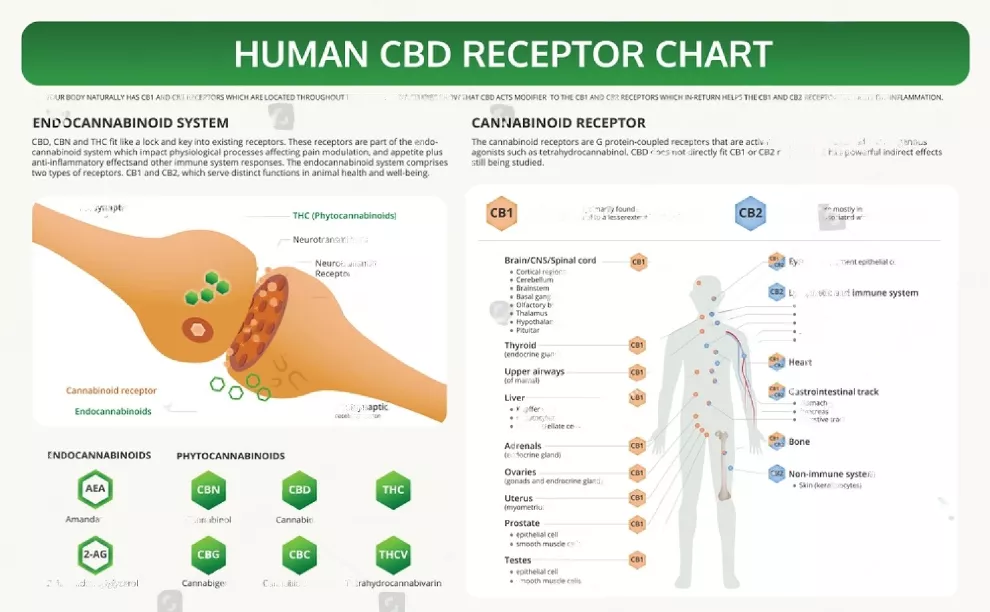
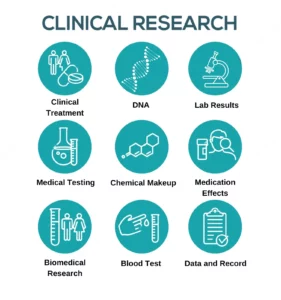
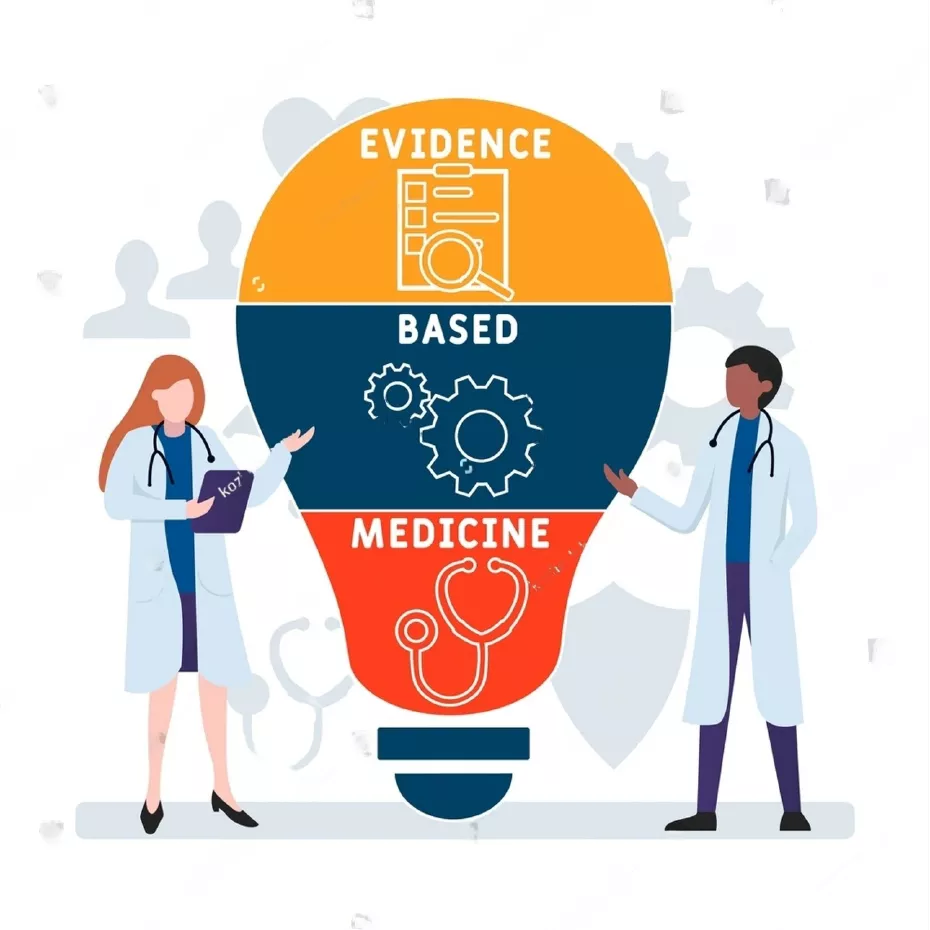
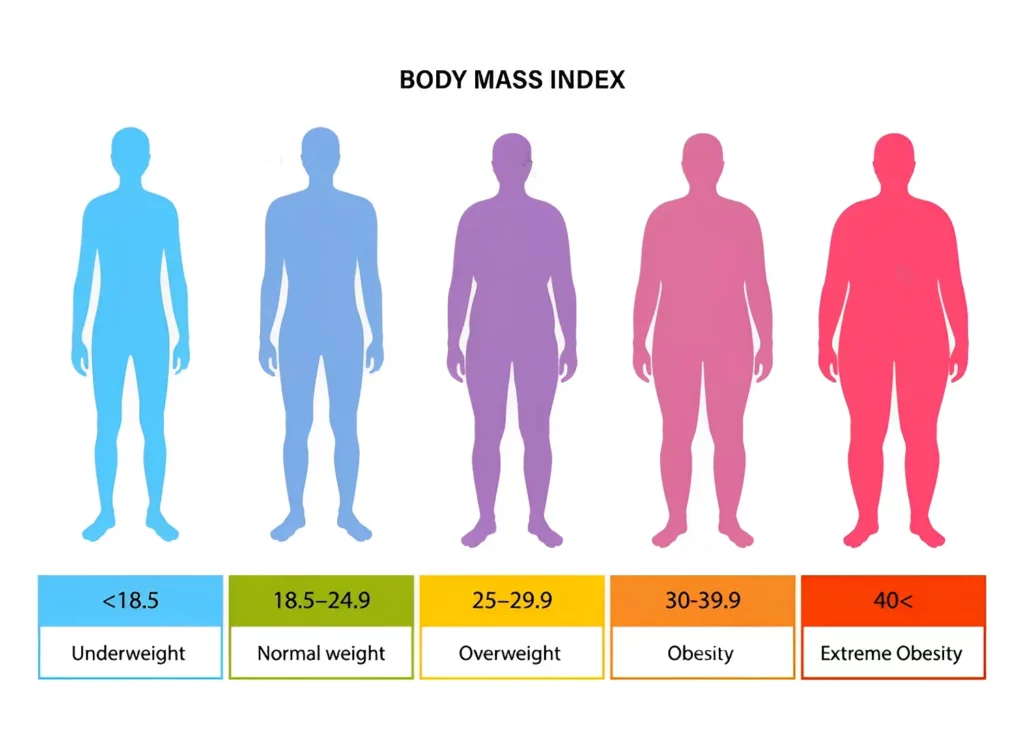
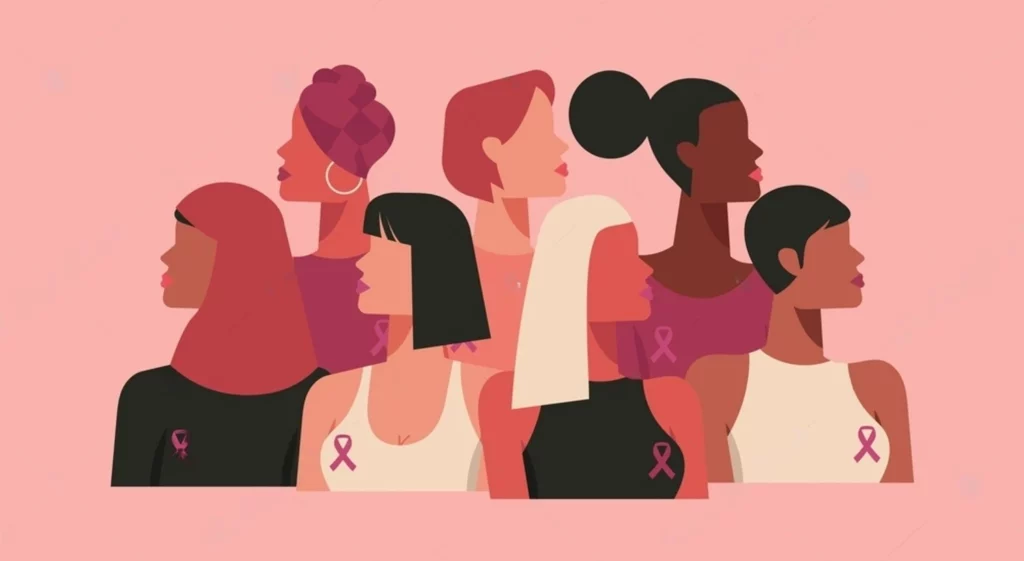
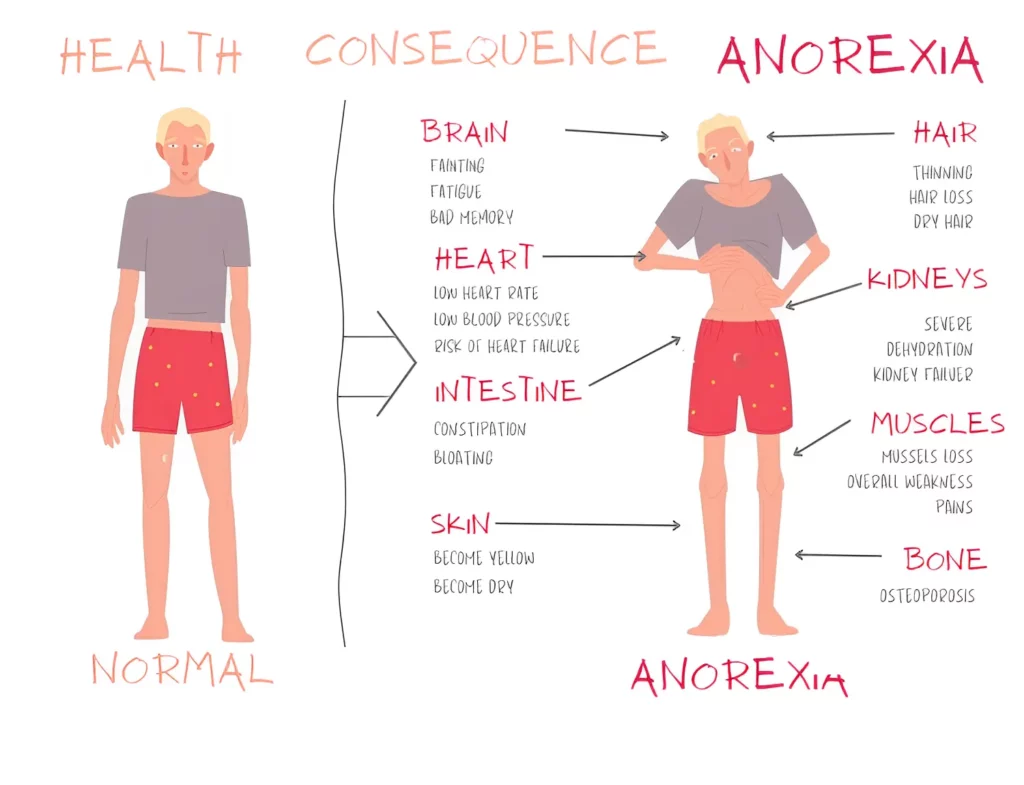
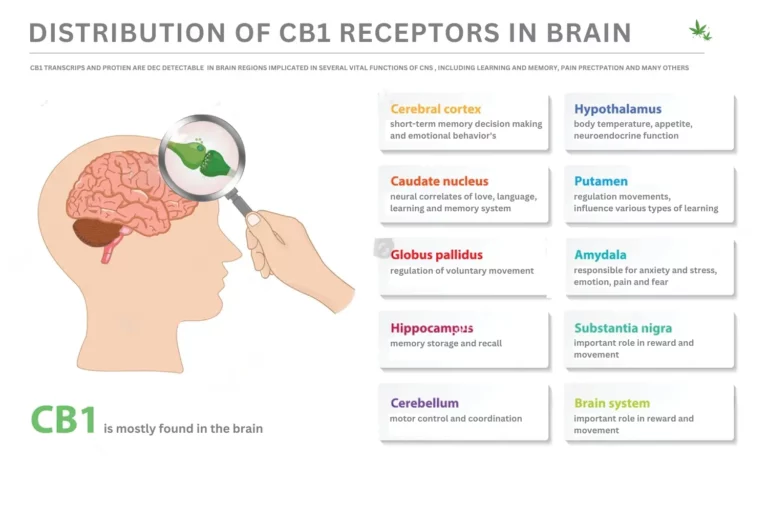
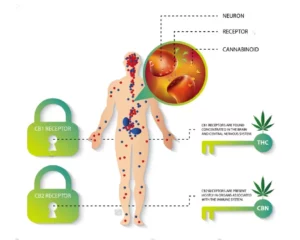
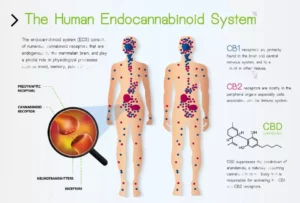
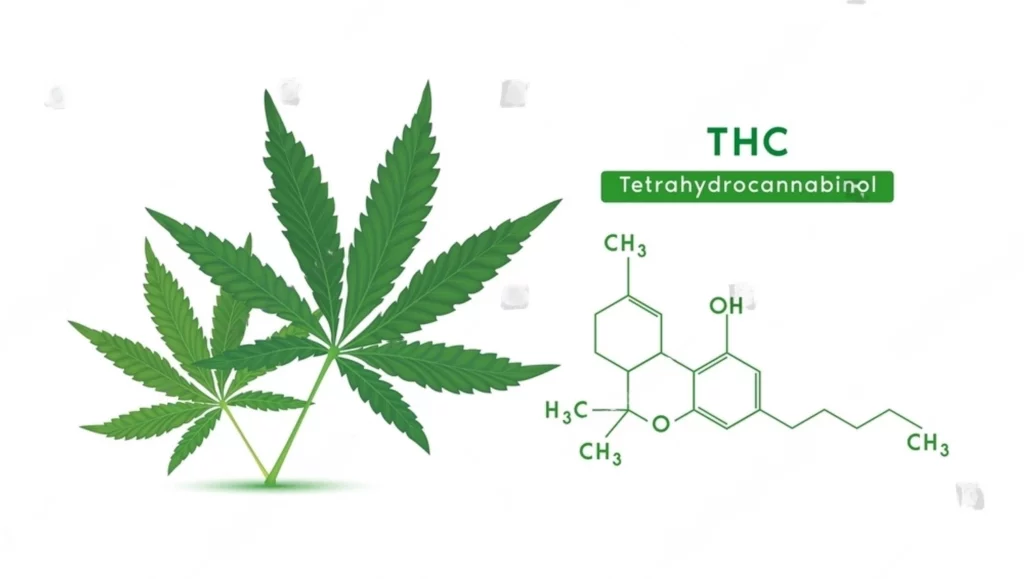

One Response
Fantastic site A lot of helpful info here Im sending it to some buddies ans additionally sharing in delicious And naturally thanks on your sweat